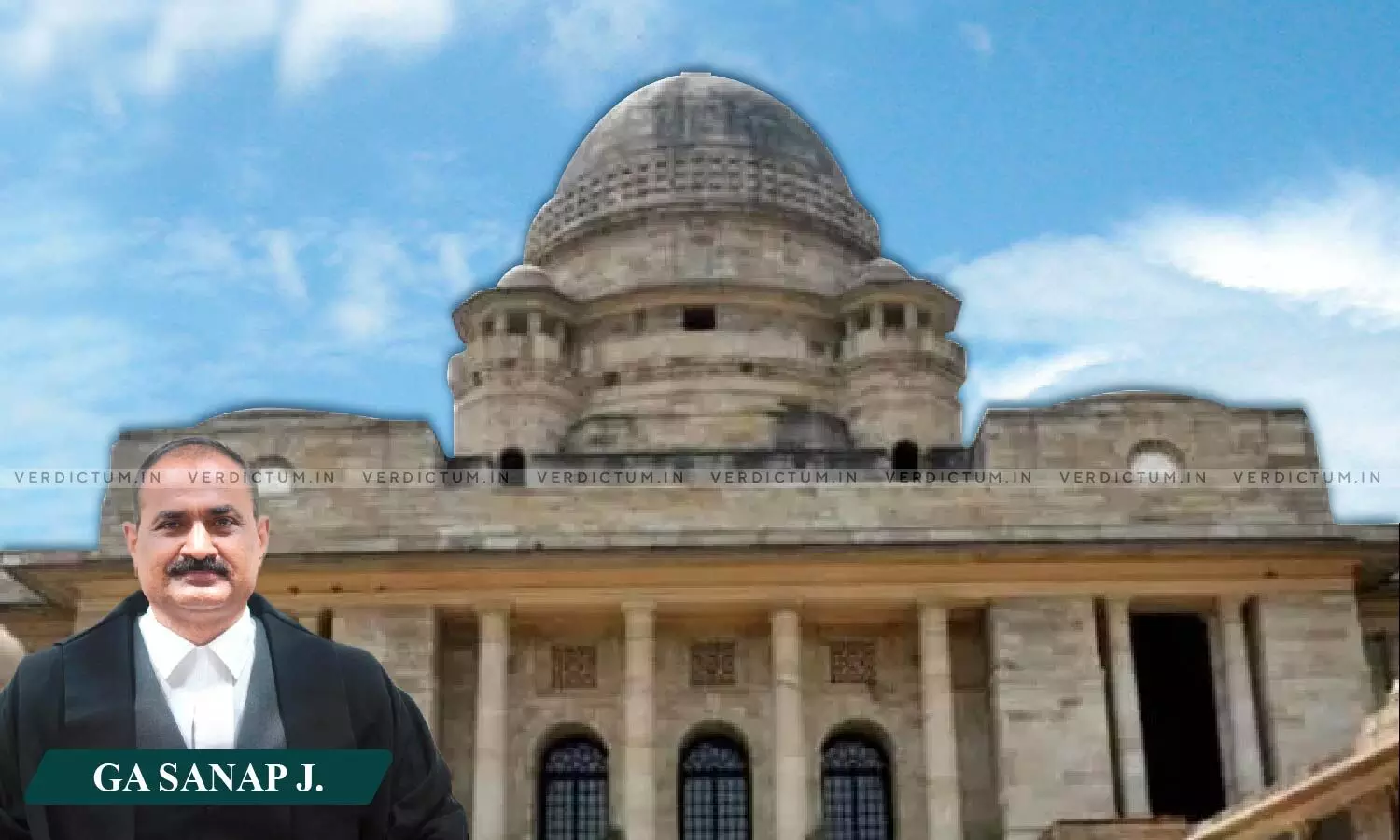
If NDPS Act’s Provisions Are Not Sincerely Implemented, It Is Bound To Destroy Society & Younger Generation: Bombay HC
 |
|The Bombay High Court remarked that that if the provisions of the Narcotic Drugs and Psychotropic Substances Act, 1985 (NDPS Act) are not implemented sincerely, it is bound destroy our society as well as the younger generation.
The Nagpur Bench remarked thus in two Criminal Appeals challenging the Judgment of the Additional Sessions Judge by which it convicted the accused persons for the offences under Section 8(c) read with Section 20(c) of the NDPS Act.
A Single Bench of Justice G.A. Sanap observed, “With the passage of time and developments in the field of illicit drug traffic and the drug abuse at the national and international level, many deficiencies in the existing laws had come to notice. The drug trafficking and drug abuse had posed serious problems to the National Governments. It is not out of place to mention that narcotic drugs is a menace to the society. It is the duty of all the stake holders to sincerely & scrupulously implement the provisions of the NDPS Act. If the provisions of the NDPS Act are not sincerely and scrupulously implemented and the use of the drugs becomes rampant, it is bound to destroy the edifice of our society. It can destroy the younger generation, which is the future of this country.”
The Bench added that as per the national survey, the average age of the Indian population is 30 to 35 and if the use of drugs is unchecked and rampant, then it is bound to spoil the younger generation and ultimately the society. It said that, all concerned, as and when required to deal with such illicit drugs or drug trafficking, must put a right foot forward.
Senior Advocate A.S. Mardikar and Advocate K.H. Anandani appeared for the Appellants while APP A.M. Joshi appeared for the Respondents.
Brief Facts -
An FIR was registered and as per the prosecution case, a secret information was received by the Police Inspector that two persons within the jurisdiction of the Police Station were possessing ‘Ganja’ for sale and the same was stored in a hut. On doing search, the Appellants/accused told that they have no objection to give their search in presence of the Gazetted Officer.
Hence, the hut was inspected and the Police found one sack. In the said sack, there were 18 plastic packets and the Police was satisfied that the substance in the packet was Ganja. The Ganja weighed 39 kgs. The Judge held the Appellants guilty and convicted them. They were sentenced to suffer rigorous imprisonment for 12 years along with a fine of Rs. 1,20,000/- each. Being aggrieved, they approached the High Court.
The High Court in view of the facts and circumstances of the case, noted, “The NDPS Act is special legislation for the control and regulation of the operations relating to Narcotic drugs and Psychotropic substances. Before enactment of the NDPS Act, the Opium Act 1857, the Opium Act 1878 and the Dangerous Drugs Act, 1930 were enacted long ago.”
The Court further reiterated that whether there is a need for a retrial or additional evidence depends upon the facts and circumstances of each case and while exercising the option, the Court has to keep in mind the concept of justice, which ought to prevail and in the event, the same dictates exercise of power as conferred by the Code, there ought not to be any hesitation in that regard.
“The Court must be satisfied that the case in question indicates the failure of justice. It is held that once the court comes to the conclusion that there has been a failure of justice, the Court has to exercise the powers”, it added.
Coming back to the facts of the case, the Court emphasised that it was the duty of the Judge to take proper care while admitting the CD in evidence, on the basis of the relevant evidence.
“In this case, the evidence was not properly recorded. Similarly, the prosecution has failed to examine the CA. There is no plausible reason on record for non-examination of the CA”, it also said.
The Court was of the view that the retrial would be the best option in the interest of the Appellants as well as the prosecution.
“It is to be noted that two accused have been acquitted. Accused No. 4 was the owner of the vehicle, which according to prosecution was used for the transportation of ganja from Andhra Pradesh to Borva”, it noted.
Accordingly, the High Court partly allowed the Criminal Appeals, quashed the impugned Judgment, and remanded the case to the Trial Court.
Cause Title- Kailas S/o Bajirao Pawar v. The State of Maharashtra (Neutral Citation: 2024:BHC-NAG:12568)
Appearance:
Appellants: Senior Advocate A.S. Mardikar, Advocats K.H. Anandani, Ved Deshpande, D.P. Singh, Bhavin Suchak, V.D. Ruparelia, and M.B. Sharma.
Respondents: APP A.M. Joshi